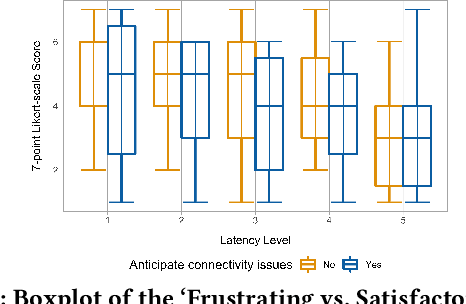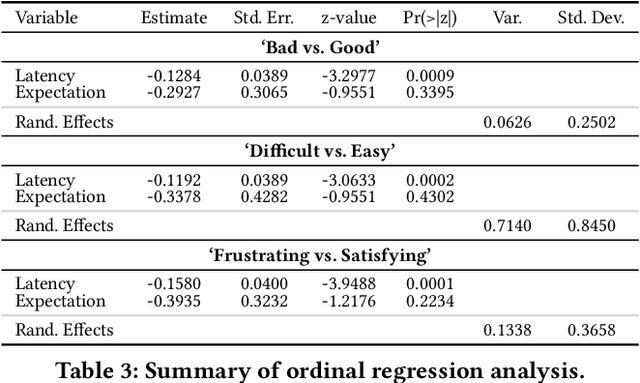Souneil Park
Analyzing and Mitigating Bias for Vulnerable Classes: Towards Balanced Representation in Dataset
Jan 18, 2024Abstract:The accuracy and fairness of perception systems in autonomous driving are crucial, particularly for vulnerable road users. Mainstream research has looked into improving the performance metrics for classification accuracy. However, the hidden traits of bias inheritance in the AI models, class imbalances and disparities in the datasets are often overlooked. In this context, our study examines the class imbalances for vulnerable road users by focusing on class distribution analysis, performance evaluation, and bias impact assessment. We identify the concern of imbalances in class representation, leading to potential biases in detection accuracy. Utilizing popular CNN models and Vision Transformers (ViTs) with the nuScenes dataset, our performance evaluation reveals detection disparities for underrepresented classes. We propose a methodology for model optimization and bias mitigation, which includes data augmentation, resampling, and metric-specific learning. Using the proposed mitigation approaches, we see improvement in IoU(%) and NDS(%) metrics from 71.3 to 75.6 and 80.6 to 83.7 respectively, for the CNN model. Similarly, for ViT, we observe improvement in IoU and NDS metrics from 74.9 to 79.2 and 83.8 to 87.1 respectively. This research contributes to developing more reliable models and datasets, enhancing inclusiveness for minority classes.
Impact of Response Latency on User Behaviour in Mobile Web Search
Jan 22, 2021



Abstract:Traditionally, the efficiency and effectiveness of search systems have both been of great interest to the information retrieval community. However, an in-depth analysis of the interaction between the response latency and users' subjective search experience in the mobile setting has been missing so far. To address this gap, we conduct a controlled study that aims to reveal how response latency affects mobile web search. Our preliminary results indicate that mobile web search users are four times more tolerant to response latency reported for desktop web search users. However, when exceeding a certain threshold of 7-10 sec, the delays have a sizeable impact and users report feeling significantly more tensed, tired, terrible, frustrated and sluggish, all which contribute to a worse subjective user experience.
 Add to Chrome
Add to Chrome Add to Firefox
Add to Firefox Add to Edge
Add to Edge